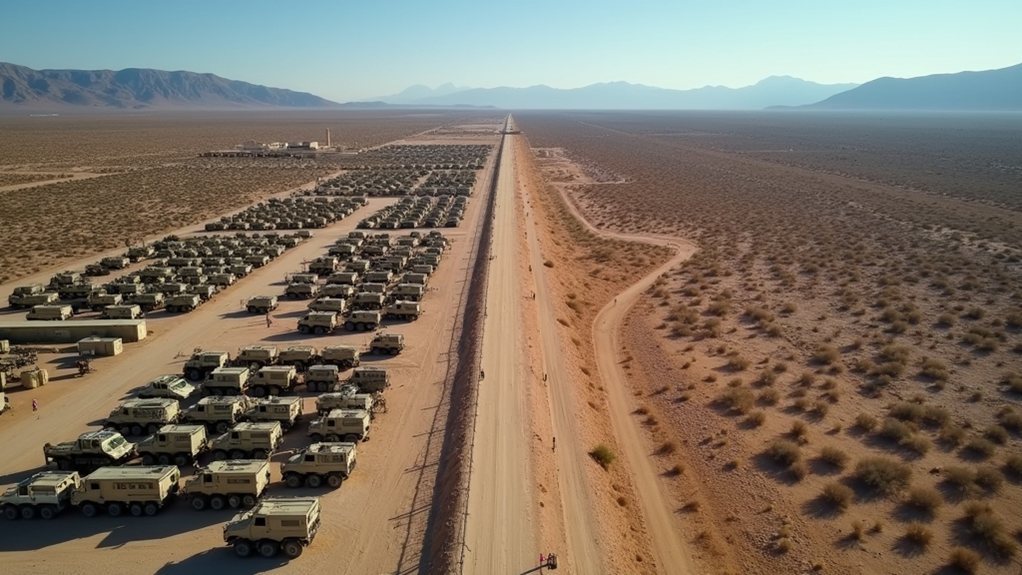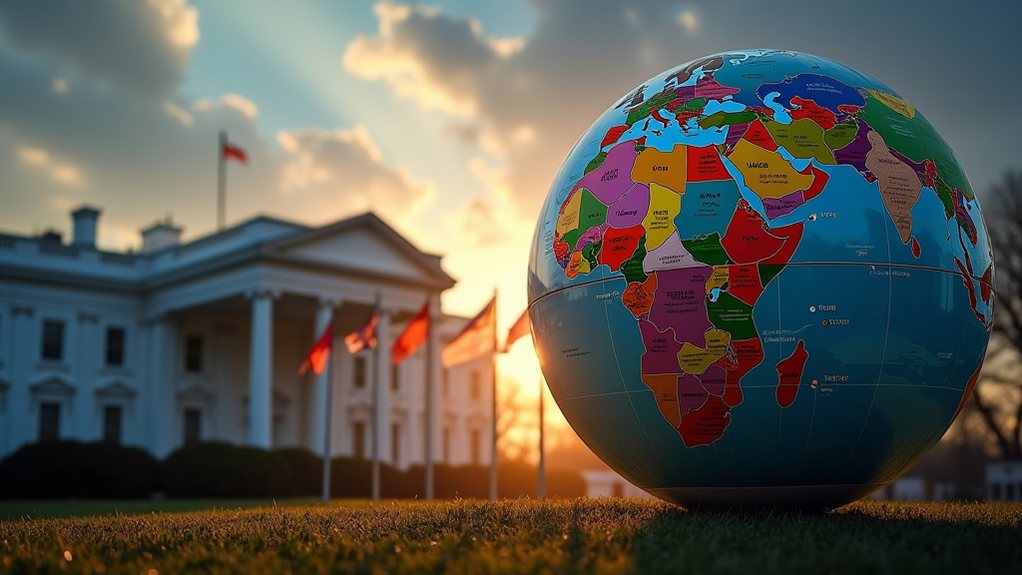In a bold new ad released in 2025, Canadians are reminded of their national pride as tensions rise between the U.S. and Canada. This ad, a modern take on the iconic "I Am Canadian" campaign from 2000, comes during a time when many Canadians feel threatened by U.S. tariffs and annexation threats.
Unlike the original, which was produced by Molson Canadian beer, this new version was independently made and quickly went viral on social media. The ad features actor Jeff Douglas, who reprises his role as "Joe Canada" 25 years later. Douglas initially noticed the ad's resurgence online and expressed mixed feelings about its revival. He acknowledged learning more about Canadian history and warned against "blind patriotism."
The new ad taps into a wave of renewed Canadian pride, emphasizing that Canadians' kindness shouldn't be mistaken for weakness. It boldly criticizes the U.S. pursuit of Canadian sovereignty, making it clear that "We are not the 51st anything." This sentiment comes amid growing backlash against citizenship revocation efforts linked to high-profile figures like Elon Musk. Additionally, the ad resonates with concerns about foreign control of media, highlighting the importance of an independent press in maintaining Canadian sovereignty. The role of media in politics is significant as it can shape public perception and influence national identity.
The ad has garnered millions of views and sparked discussions about Canadian identity. Many Canadians, feeling uneasy about the current political climate, found the ad's message relatable. It inspired a wave of user-generated content and parodies, further spreading its message.
The ad has also contributed to a surge in the "buy Canadian" sentiment, as more people are encouraged to support local businesses.
Marketing experts have studied this ad as a case in point for how advertising can change during a crisis. It reflects a shift in consumer behavior and shows the power of nostalgia in creating effective campaigns.
This ad not only highlights the role of social media in shaping public discourse but also illustrates the intersection of politics and advertising. It signals a growing trend of Canadian nationalism in response to external pressures, raising important questions about national identity in today's digital age.









